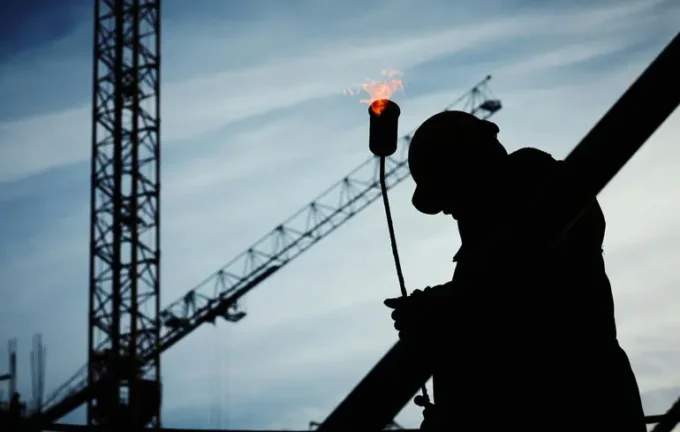Russia Intentionally Proping Up Oil Prices: An Expert Reveals the Details

Amid recent developments and ongoing trends in the global energy market, Russia is actively employing strategic and deliberate measures to sustain oil prices at a level favorable to its economy.
Despite the overall decline in prices observed since the beginning of this year, Moscow appears to be creating an illusion of stability and even growth by manipulating various mechanisms of influence.
This was openly stated by Mikhail Gonchar, chief expert at the Center for Global Studies 'Strategy XXI,' during an interview with Espreso TV.
According to Gonchar, since mid-January 2025, oil prices have been generally decreasing, with the only brief spike occurring in June, driven by tensions between Iran and Israel.
During that period, forecasts predicted a dramatic surge to $100, $120, or even $150 per barrel, with some worst-case scenarios reaching $350.
However, these scenarios did not materialize.
The Kremlin seems to be deploying strategies aimed at creating the appearance of favorable conditions for higher prices.
Meanwhile, expert analysis indicates that attempts to artificially influence price dynamics face obstacles, especially considering the lack of significant upward trends globally.
Concurrently, Russia is working to strengthen its control over the oil sector, notably through increased inspections of oil ships entering its ports, a move authorized by President Vladimir Putin’s directive in July.
Officially, these measures are justified on security grounds—earlier this year, several tankers carrying Russian oil suffered damages from alleged attacks, prompting heightened safety protocols.
Although no oil spills or major accidents have been reported, these incidents serve as pretexts for increased oversight.
Additionally, recent activities, like the mysterious explosion near Libya involving a tanker heading toward Russian ports, underscore the tightened control measures.
The UK has also imposed sanctions against Russia’s so-called 'shadow fleet,' further complicating the geopolitical landscape.
These developments illustrate Moscow’s tactical shift to incorporate new control mechanisms in a bid to buffer the global oil market from volatility and preserve economic stability amid external pressures.
The coming months will reveal how these maneuvers influence global oil prices and geopolitical stability, requiring ongoing monitoring and expert analysis.

